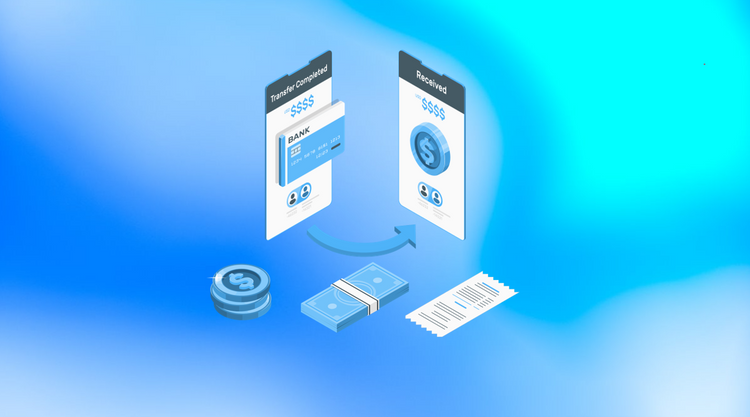What is a transaction? What are the main properties of transactions?

In the world of databases and programming, the term "transaction" plays a key role. It describes a sequence of operations that are executed as a single unit. In this article, we will explore what a transaction is, its main properties, and why they are so important.
Definition of a Transaction
A transaction is a logical unit of work with data that consists of one or more operations, which must be executed sequentially and in full. If at least one operation in the transaction fails, all other changes must be rolled back to maintain data integrity.
Transactions are widely used in database management systems (DBMS), distributed systems, and even financial applications, ensuring data reliability and consistency.
Key Properties of Transactions (ACID)
To ensure transaction reliability in databases, a set of properties known as ACID has been introduced:
Atomicity
Atomicity guarantees that all operations within a transaction are performed as a single unit. If any operation fails, all previous changes are rolled back, and the system returns to its original state.
Consistency
A transaction must transition the database from one consistent state to another. This means that any data changes must comply with established business rules and constraints.
Isolation
Isolation ensures that concurrently executed transactions do not interfere with each other, preventing potential conflicts. Depending on the level of isolation, mechanisms such as locks and other concurrency control strategies may be applied.
Durability
Once a transaction is successfully completed, its changes must be permanently recorded in the system and preserved even in the event of a failure, such as a power outage or hardware failure.
Examples of Transaction Usage
Transactions are used in various fields, such as:
- Banking systems — transferring funds between accounts must be completed in full or not executed at all.
- Online stores — during order processing, all steps (reducing product quantity, deducting funds, creating an order) must be executed sequentially.
- Databases — when updating or deleting records, it is crucial that operations are performed correctly and completely.
Conclusion
Transactions are the foundation of reliable data management in modern systems. They ensure data integrity, security, and resilience in any situation. Understanding ACID principles helps develop efficient and fault-tolerant applications, especially in critical systems.



